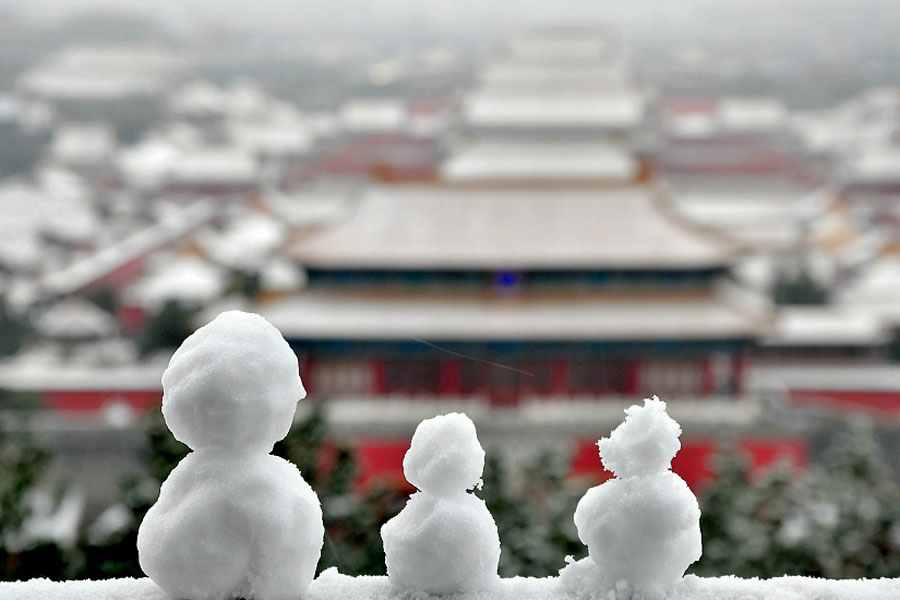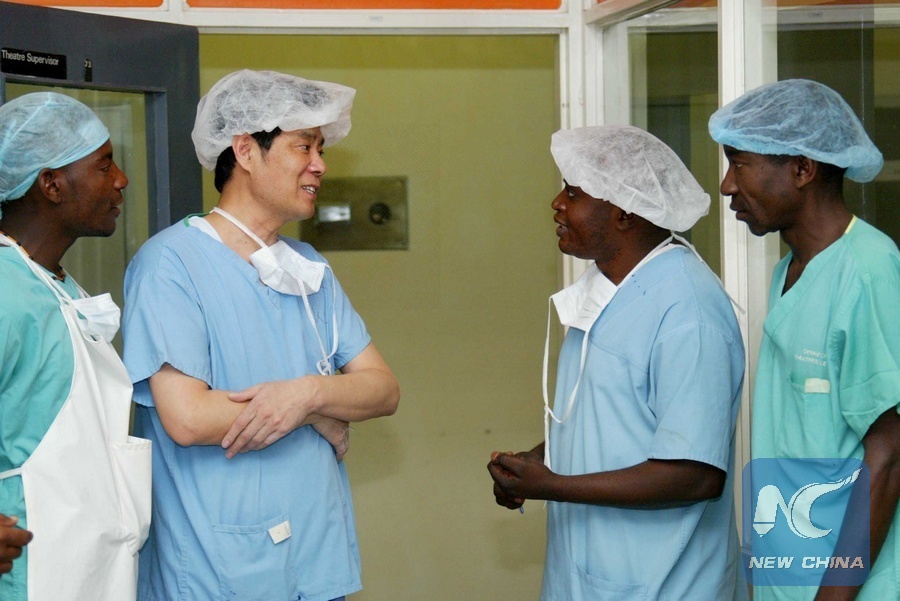Recap on 2023: China’s COVID-19 legacy and reframing climate change within global health

December 28, 2023 | Bridge Consulting
The year 2023 was marked by an ‘escape’ from COVID-19 and significant shifts in the global landscape. This time last year, Beijing was in lockdown and we were all in the midst of a national wave of COVID. Our colleagues had all fallen sick one by one across the month of December, and even though there was uncertainty and frustration over the rapid turnaround of COVID policies, there was a sense that things were moving ahead towards a new ‘normal’. One year on, as we prepare to step into 2024, we’d like to take a look back at some of the key questions we were concerned about in December 2022 and how they have evolved over the course of these past 12 months.
“While it is difficult to imagine the next pandemic now that we are still in the middle of COVID-19, we need to cultivate the mechanisms we introduced during the current one [for the next].” — Notes from our colleagues, December 2022
Initially, many of us anticipated that COVID-19 would gradually fade away, allowing life to return to normal. However, 2023 presented new challenges and reminded us that the journey to overcome this crisis is far from over. Perhaps, the prominence of COVID-19 has diminished in our day-to-day living, but this winter we also witnessed a near-overwhelming wave of pneumonia and various infectious diseases, primarily affecting northern China and resulting in an unprecedented rise in outpatient cases, particularly among children. This may not have turned out to be the “next pandemic” yet, but it is a stark reminder of how things have not changed completely.
“When we stepped into 2022, the outlook was proving optimistic – China early on was promising their vaccines to countries at every given opportunity, during regional summits, international conferences, bilateral meetings and so on. But looking back, it has turned out to be rather anticlimactic.” — Notes from our colleagues, December 2022
In our field of work, we know how desperately there needs to be continued investments and interest towards preparing against infectious diseases. Promisingly, a spate of 5 XBB COVID-19 vaccine approvals earlier this month signaled that concern is not completely forgotten yet in China. And though fewer, there are still some holdovers of joint production and international cooperation in vaccines from last year – Colombia just inaugurated BogotáBio, a joint venture between Sinovac and Bogotá city for vaccine manufacturing, Turkey set up Keyvac, a joint venture between Sinovac and Alagöz for vaccine manufacturing, and there is a new China-EU Vaccine Center in Wuxi. There are also new, big developments in the biomedical field with multinational corporations like Moderna and AstraZeneca setting aside large investments in China.
Of course, even as we applaud these continued efforts in COVID, we have to see how the multitude of global health issues can interact and affect each other.
“Food security issues may “seem” far away from the Chinese people, I have rarely imagined that some parts of the Earth still have insufficient food production and are dependent on imports from other countries. Whether it is the impact of the COVID-19 pandemic, the impact of the Russia-Ukraine war, or even the negative threat to food production caused by climate change, these facts and data, when they strike me, I feel deeply shocked.“ — Notes from our colleagues, December 2022
This year was also big for climate change, though not necessarily all in positive ways. Beijing saw extreme highs of 40 degrees Celsius in summer, and extreme lows of -18 degrees in winter, reflecting the global uncertainties and change we face. Even with the recent COP28’s massive achievements in proposing a ‘transition away from fossil fuels’, we’re still blowing past the Paris Agreement’s 1.5 degrees target with devastating ease. There are unpredictable weather patterns, new disease outbreaks due to affected ecosystems and animal or insect disease carriers, change in topography, increased food security concerns and of course, humanitarian crises due to massive conflicts.
In light of these interconnected challenges, it is essential that we do not work in isolation or remain ignorant of their impact. Climate change is not solely about the environment, and health is not just a matter of individual well-being. Through communicating these issues, working through conferences and forums that we have helped organize, we hope that these ‘unknown’ connections become known among the public, among policy makers, and influential stakeholders. Whether you view it as an interdisciplinary issue, a matter of reaching the sustainable development goals, or are simply concerned with the trajectory of the planet, these global challenges require global thinking from all of us.



